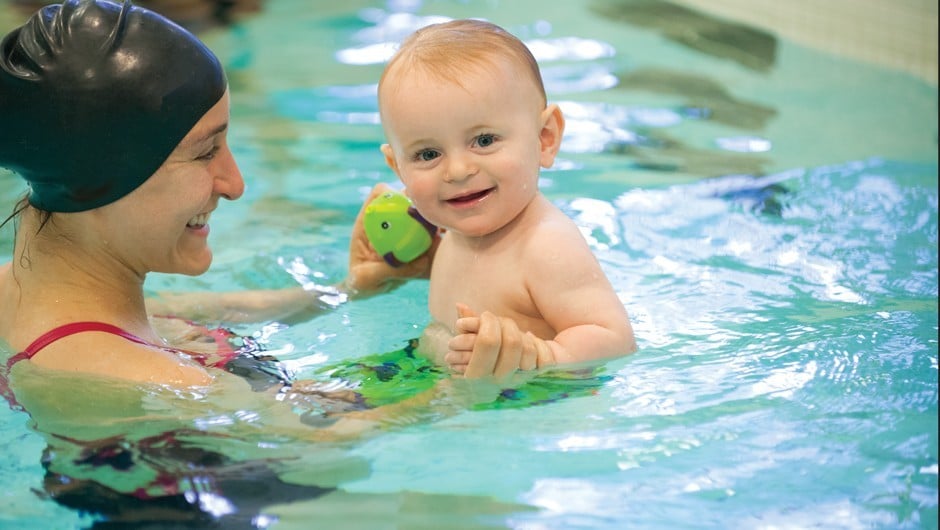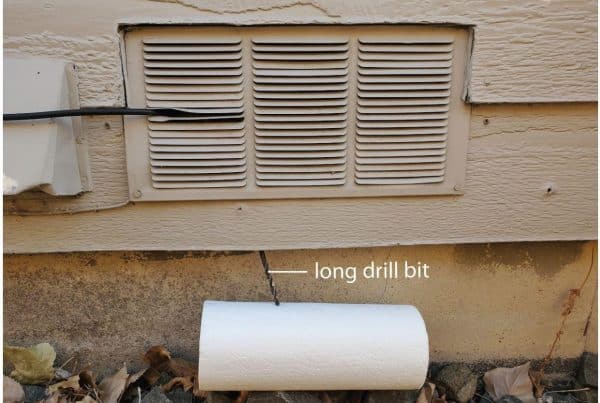Swimming is a vital life skill, and introducing toddlers to swimming lessons early on can lay the foundation for their water confidence. Teaching toddlers to swim effectively requires a unique approach, combining patience, skill, and a nurturing environment.
In this comprehensive guide, we will delve deeper into the essential rules and guidelines for parents whose children are embarking on the exciting journey of toddler swimming lessons. Let’s dive in and ensure a safe and enjoyable experience for your little one.
Safety Precautions
Ensuring the safety of your toddler during swimming lessons should be the top priority. Whether you are in a wading pool or a large indoor pool, you need to always be alert and always keep vigilant supervision. Here are some key safety precautions to consider:
Swim Instructor Qualifications
Before enrolling your child in swimming classes, thoroughly vet the swim instructor’s qualifications. Look for certifications from renowned organisations or enquire about their specific experience in instructing toddlers, as working with this age group requires specialised expertise. If you enrol in swim schools, the reviews on their website can also be a great indicator if this is the right swim school for you and your kids.
Health Considerations
A crucial step before starting swimming lessons is a visit to your child’s paediatrician. Make sure your toddler is in good health and doesn’t have any underlying medical conditions that could be affected by swimming. Your paediatrician can provide guidance on when it’s safe to introduce your child to the water.
Lesson Planning
Effective lesson planning ensures that your toddler gets the most out of their swimming experience. Let’s explore this in more detail:
Age-Appropriate Activities
Toddlers are full of energy and curiosity, so tailor the swimming lessons to their developmental stage. Incorporate age-appropriate activities like water games, songs, and interactive exercises that make learning to swim both fun and engaging.
Progression and Goal Setting
Setting clear and achievable goals for your toddler’s swimming development is essential. Start with fundamental skills like floating and gradually progress to more advanced techniques, such as treading water. Recognize and celebrate each milestone to boost your child’s confidence and motivation.
Duration of Lessons and Consistency
Toddlers have shorter attention spans, so it’s crucial to keep lessons short and frequent. Aim for lessons that last around 20-30 minutes, ensuring that they stay engaged and excited about each session. Consistency is key to building their skills progressively, so stick to a regular schedule.
Building Trust and Confidence
Building trust and confidence in the water is fundamental to your toddler’s success. Whether in your own pool or swim classes, trust and confidence are highly important. Let’s explore strategies for achieving this:
Creating a Positive Learning Environment
Choose a swimming pool and toddler swimming classes that provide a welcoming and child-friendly atmosphere. The environment should be free of distractions and safety hazards, allowing your child to focus on learning and having fun.
Bonding and Trust-Building Activities
Participate actively in bonding activities with your child in the pool. Play games, splash around, and encourage them to trust both the water and their instructor. Your presence and positive reinforcement will provide the reassurance they need.
Addressing Fear and Anxiety
It’s entirely normal for toddlers to experience fear and anxiety around water. Be patient and understanding as you gradually introduce them to the water. Allow your child to progress at their own pace and provide gentle encouragement to ease their fears.
Water Skills and Techniques
To ensure your toddler becomes a confident swimmer, focus on teaching essential water skills and techniques:
Floating Techniques
Start with basic floating techniques, including floating on their back and stomach. These skills not only enhance safety but also provide your child with a sense of security in the water.
Kicking and Paddling
Introduce kicking and paddling exercises to help your child move through the water. Fun activities like pretending to be sea creatures or playing with colourful pool toys can make learning these skills enjoyable.
Submersion and Breath Control
Teach your toddler submersion and breath control techniques. Encourage them to blow bubbles in the water, gradually progressing to short submersion exercises. These skills are crucial for building confidence and safety.
Teaching Water Safety
Water safety is a paramount aspect of toddler swimming lessons. Let’s delve into the details:
Drowning Prevention
Emphasise water safety rules, such as the importance of never swimming alone and always having adult supervision. Educate your child about the dangers of water and how to stay safe around pools, lakes, or any other bodies of water.
Basic Water Rescue Techniques
Introduce basic water rescue techniques, such as reaching or throwing a flotation device to someone in distress. Even at a young age, your child can learn to assist others in emergency situations.
Emergency Response
Teach your toddler what to do in case of an emergency. Practise how to call for help and stay calm in stressful situations, emphasising the importance of staying afloat and calling for assistance when needed. Learning to swim from a young age can help your kids learn these vital water safety skills.
Positive Reinforcement and Motivation
Throughout the swimming lessons, provide consistent positive reinforcement and motivation to keep your child engaged and eager to learn. Praise their efforts, no matter how small, and let them know that you are proud of their progress.
Encouragement and Praise
Encourage your toddler to overcome challenges in the water with gentle encouragement and praise. Building their confidence through positive reinforcement will help them tackle more advanced swimming techniques.
Rewards and Progress Tracking
Consider implementing a rewards system to motivate your child further. Create a chart to track their progress and offer small rewards for achieving milestones in their swimming journey, fostering a sense of accomplishment.
Parental Involvement
As a parent, your active involvement in your toddler’s swimming development is invaluable. Whether you choose to sign up to a swim school or private swimming lessons, you can help support your toddler as they learn vital water safety skills.
Parental support is the cornerstone of a successful swimming journey for toddlers. Your presence, enthusiasm, and involvement during lessons can significantly impact your child’s progress. Be their biggest cheerleader and actively participate in their swimming experience.
Find Swimming Classes for Toddlers Near You
Teaching toddlers how to swim is a fulfilling and essential endeavour that requires careful planning, patience, and a strong focus on safety. By following the rules and guidelines outlined in this comprehensive guide, you can create a positive and secure learning environment for your child.
Remember that every toddler progresses at their unique pace, so embrace the journey and celebrate each accomplishment. With the right approach and unwavering support, toddler swimming lessons can be a delightful and invaluable experience for both parents and children alike.
Find the right Learn to Swim classes for you and your toddler with Rackley Swimming. By attending a swim program with your little ones, you can help them interact with kids their own age, learn tips from qualified professionals, and have some swimming fun with your toddler.
If you are looking for learn to swim programs, you can search for your nearest Rackley Swimming centre and find a range of swimming programs to choose from. From baby swimming lessons to school-aged kids swimming lessons, you can ensure your little ones learn this invaluable life skill, and have some fun! Search for Rackley locations throughout south-east Queensland today!








